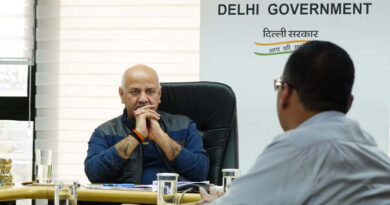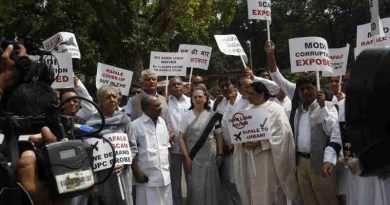Campaign to Reform Global Standards on Beneficial Ownership Transparency

A beneficial owner is the real person who ultimately owns, controls or benefits from a company or trust fund and the income it generates.
Transparency International suggests that the corrupt and criminals should not be able to hide behind anonymous companies even in one country. It has been running a campaign for the creation of public, central registers with companies’ real owners – everywhere.
Almost without fail, anonymous shell companies appear at the center of major cases of corruption, money laundering and tax evasion. Such secretive structures serve as tools to divert critical public resources to the detriment of communities and populations.
Even when corruption and money laundering schemes are exposed, the lack of transparency in company ownership means that law enforcement agencies cannot track down individuals behind the companies suspected in financial crime.
According to Transparency International, a key solution to the problem is for countries to create centralized, public registers of beneficial ownership with verified information. These would allow everyone to see who’s hiding behind anonymous companies, and help authorities, journalists and civil society to more effectively expose and fight corruption, money laundering and other financial crimes.
|
What’s ‘beneficial ownership’? A beneficial owner is the real person who ultimately owns, controls or benefits from a company or trust fund and the income it generates. Complex and opaque corporate structures make it easy for legal entities to hide their beneficial owners, especially when nominees are used in their place and part of the structure is in a secrecy jurisdiction. ~ Transparency International |
Transparency International says that government leaders have for years pledged to end the abuse of anonymous shell companies and other opaque corporate structures. In practice, however, they have long resisted reforms.
In 2019, Transparency International had asked the Financial Action Task Force (FATF) – an intergovernmental body and anti-money laundering watchdog – to fix the global standards on beneficial ownership transparency. It had specifically called for public, central registers as a key measure to end the decades-long abuse of anonymous companies around the world.
In October 2021, FATF finally agreed to propose much-needed amendments to the global standards. During their next plenary – taking place from 21 February to 4 March 2022 – FATF’s 39 voting members plan to decide whether or not to adopt the proposed measures. If they do, according to Transparency International, this will be a game-changer in ending the abuse of anonymous companies around the world, as more than 200 countries will have to follow the new standards.
Transparency International suggests this once-in-a-decade opportunity must not be missed while it is calling on FATF and its members to close this door to corruption.
💛 Support Independent Journalism
If you find RMN News useful, please consider supporting us.




